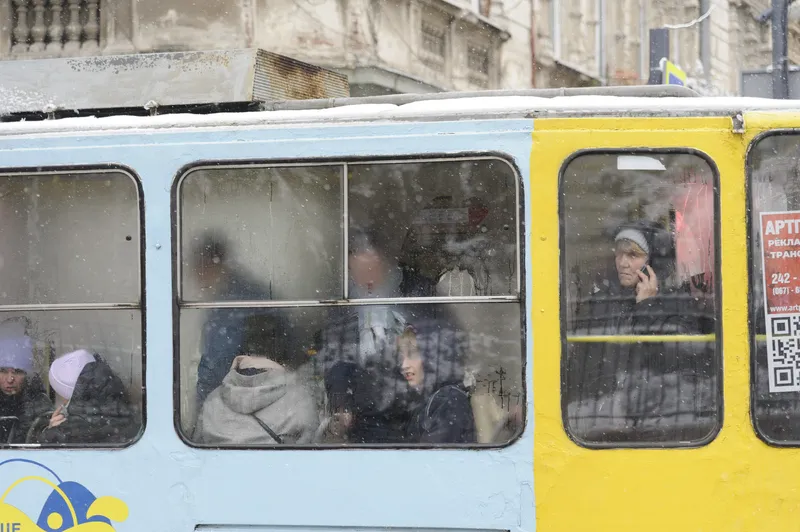The New Zealand government has unveiled plans to spend US$10.3 billion on the country's land transport system over the next three years, partly funded by increases in petrol excise duty and road user charges. Transport minister Gerry Brownlee said the programme was the largest of its kind in New Zealand's history and would fund transport infrastructure and services around New Zealand such as state highway improvements and the Government's "roads of national significance".
August 29, 2012
Read time: 1 min
The New Zealand government has unveiled plans to spend US$10.3 billion on the country's land transport system over the next three years, partly funded by increases in petrol excise duty and road user charges. Transport minister Gerry Brownlee said the programme was the largest of its kind in New Zealand's history and would fund transport infrastructure and services around New Zealand such as state highway improvements and the Government's "roads of national significance".
Under the plan, Auckland's Victoria Park Tunnel was completed earlier this year, and the city's public transport system will be improved. Other improvements to be progressed over the next three years are: Christchurch motorways, the Waikato expressway, the Tauranga Eastern Link, Puhoi to Wellsford, Auckland's Western ring route, including the Waterview Connection and the Wellington Northern Corridor.
Under the plan, Auckland's Victoria Park Tunnel was completed earlier this year, and the city's public transport system will be improved. Other improvements to be progressed over the next three years are: Christchurch motorways, the Waikato expressway, the Tauranga Eastern Link, Puhoi to Wellsford, Auckland's Western ring route, including the Waterview Connection and the Wellington Northern Corridor.









